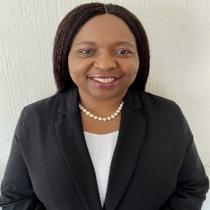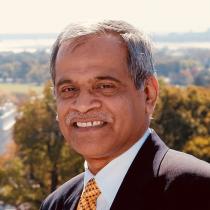Webinar: Does energy modelling enhance policy making? Opportunities and hurdles
The first webinar in EEG's three-part webinar series: Energy Modelling for Better Policymaking
This event explored how energy models are used in Sub-Saharan Africa and South Asia and the hurdles for policy-relevant modelling related to capacity, data availability and national ownership.

Eugenia Masvikeni

S K Soonee
About the three-part webinar series
How can modelling and decision support tools directly contribute towards enhanced electricity sector policymaking in Sub-Saharan Africa and South Asia?
Strategic energy planning is an essential input to effective policy and investment decision-making. It involves the use of evidence and a robust set of assumptions for the future to identify the energy needs of a country or region, and broad pathways for meeting these needs in ways that satisfy strategic goals for energy access, energy security, climate action and environmental protection. Energy goals that are clear, evidence-based, and widely agreed can help align the incentives and actions of key stakeholders towards achieving these wider developmental and social objectives.
Modelling is used in energy and electricity systems to address planning and operational challenges. A wide variety of model types are available to deal with issues ranging from strategic long-term energy system planning to short-term optimisation of the dispatch of variable renewable energy sources in a grid system. The extent to which the energy modelling is used consistently and coherently in lower and middle income countries, and the extent to which it is seen as a useful tool by decision makers in those countries to aid policy and investment decisions, is open to question however.
Hosted by EEG, this three-part webinar series, held over April and May 2021, brought together leading experts and a live audience, to explore the current use of modelling in different decision making areas and practical solutions to optimise the use of such tools. The events included panel discussions chaired by Benjamin Klooss, Head of Research and Engagement at EEG.
Key questions on energy modelling and decision support tools that were addressed, included:
-
How do policymakers and regulators currently use electricity sector models and decision support tools in Sub-Saharan Africa and South Asia?
-
What type of models are most effective for which kind of decision-making?
-
How can modelling improve gender, equality and social inclusion outcomes?
-
What are the gaps in the modelling skills base in Sub-Saharan Africa and South Asia and is there sufficient existing training capacity to address them?
-
How can national ownership, coherence and inclusivity, capacity, robustness, transparency and accessibility of models be improved?
-
Are models the answer, or when do we know enough?




